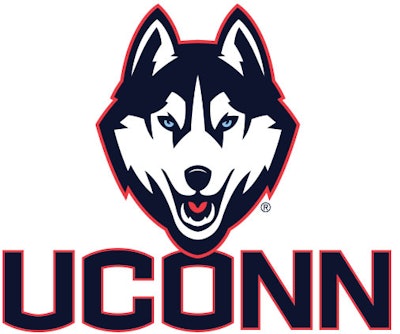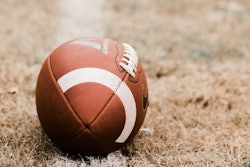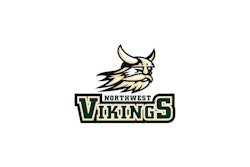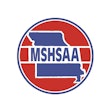
At a meeting last week, the University of Connecticut board of trustees approved a proposal giving the university’s athletic director the authority to enter into contracts with student-athletes.
"Until this year, in Connecticut, the institution could not be a party to the actual earning relationship, giving rise to independent 'NIL collective' organizations which act as fundraising and entrepreneurial support boosters," wrote Patrick Boots of the The Daily Campus, UConn's student newspaper. "In a bill this February, the Connecticut General Assembly added language which allows the school to directly pay student athletes for endorsement contracts and 'revenue-sharing agreements' but prevents them from using state-appropriated funds."
As reported by Boots, the law states, “An institution of higher education, or an entity acting on behalf of such institution, may create, facilitate, negotiate, support, assist with or otherwise enable opportunities for a student athlete or a prospective student athlete to earn compensation for use of [their NIL].”
According to Boots, while technically possible since the enactment of the law, UConn could not enter into such an agreement with student-athletes without the signature of university president Radenka Maric. The proposal submitted to the board of trustees is attributed to her, requesting that the “delegation of signature authority” be extended to UConn athletic director David Benedict, Boots reported.
“Beginning in the Spring of 2025, the university’s division of athletics anticipates executing a high volume of endorsement contracts and revenue-sharing agreements with student athletes,” Maric’s proposal states, as reported by The Daily Campus. “Prompt negotiation and execution of these agreements are critical, as student athletes often receive competing offers from multiple universities.”
Benedict will also be responsible for developing an annual budget for the new endorsement and revenue-sharing deals with student-athletes and will report that data alongside a report discussing NIL usage across UConn to the board of trustees, Boots reported.





































